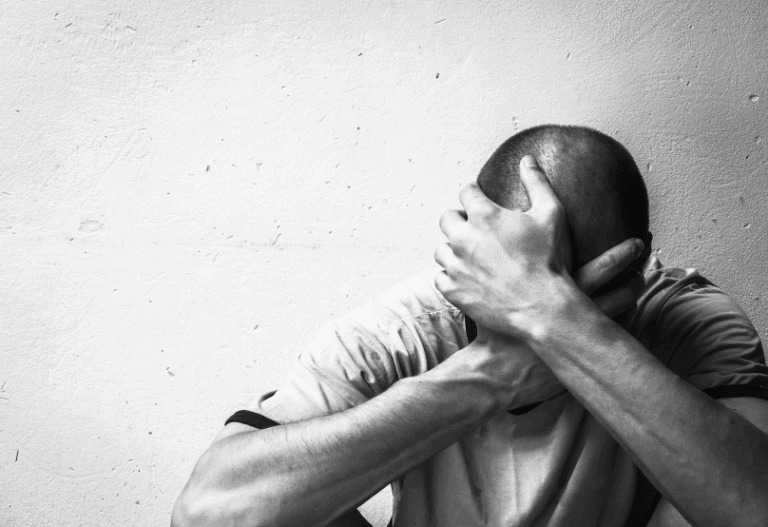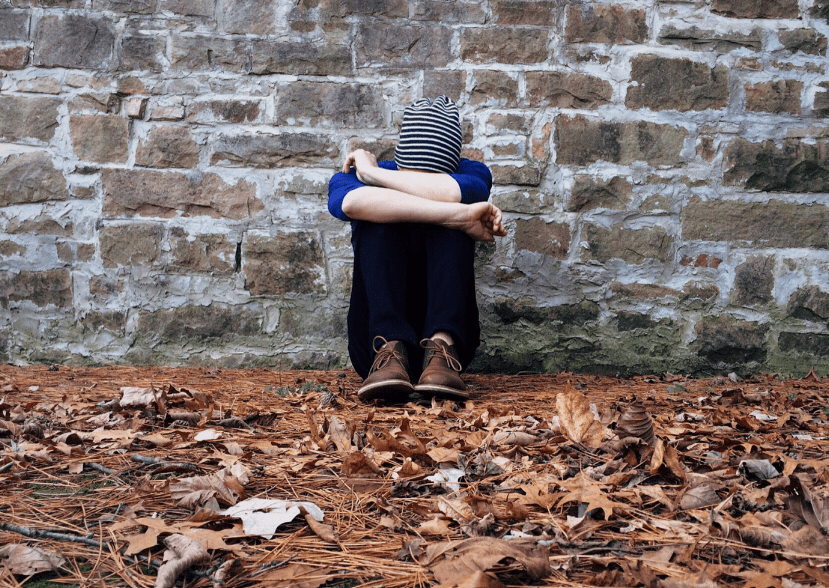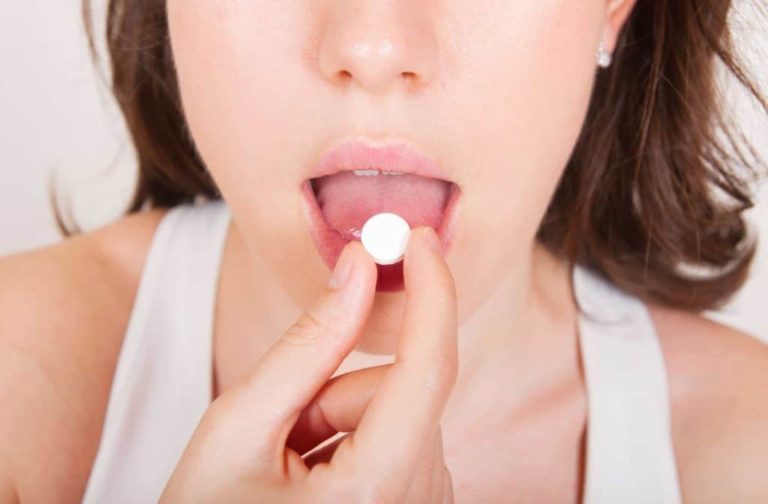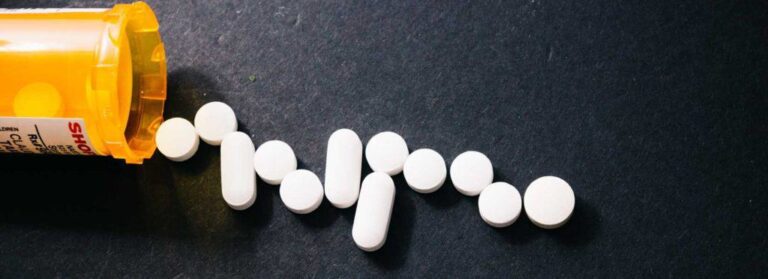The Link Between Drug Use and Poverty
According to a study conducted by the National Institutes of Health, the probability that someone will use drugs, either illicit or legal, is higher in those who live below the poverty line. The researchers used data from the National Survey on Drug Use and Health to get a sense of how many people had tried substances like cocaine, marijuana, or methamphetamines at least once in their life. They found that people living below the poverty level were much more likely to have used these substances than those with a different level of income. But why does this happen? Read on to find out.

How Poverty Affects Drug Use
It is thought that there may be two main ways in which poverty affects drug use. The first is direct drug use itself. With poverty, people often turn to drugs as a way to cope with the stressors of living in a difficult situation. People living below the poverty line also have more social interactions with other individuals who are using drugs or alcohol, which could lead to an increased risk for substance abuse.
The second way in which poverty affects drug use is indirectly by making it harder for those living below the poverty line to access services that may help them overcome their addiction. If a homeless individual cannot afford treatment for their addiction, they will not be able to get the services they need, which could make it harder for them to know when and how to stop using substances.
Top Drugs of Abuse Within this Demographic
Marijuana
The most commonly used drug by low-income individuals is marijuana. Marijuana is often smoked without the use of tobacco and provides a feeling of euphoria that can last for hours. It’s also highly addictive and can have adverse effects on your health.
Crack Cocaine
One of the most common drugs used by individuals looking for immediate relief, crack cocaine is highly addictive and has a high risk for addiction. It can be smoked, snorted, or injected and is often found in ghettos and urban neighborhoods.
Opiates
Opiates are one of the most common drugs used by low-income individuals. These drugs include codeine, Oxycontin, Vicodin, and morphine. With opiates, your body becomes dependent on them after a few days. This means you must take more and more to get the same effect. It can lead to addiction, which makes it difficult for people to stop taking these drugs when they want to do so.

Methamphetamine
Methamphetamine is the most widely used drug in the US. It is a stimulant that produces feelings of euphoria and happiness. Although meth can be addictive, it’s typically not as severe as other drugs like cocaine or heroin. Methamphetamine use has been on the rise since 2012 due to its high purity and low cost.
Alcohol
Alcoholism affects low-income individuals in different ways than higher-income individuals. Low-income individuals may be more likely to abuse alcohol, experience addiction and suffer health problems as a result of their alcoholism. They also may be at a higher risk of becoming alcoholics themselves because they are less able to afford other options like healthier food or social activities that provide them with the resources they need to get through tough times without alcohol consumption.
Drug use and Mental Health
Researchers also found a link between mental health and drug use. People who had a mental health condition were more likely to have used illegal drugs than those without one. In fact, studies show that only about a third of people with a mental health disorder do not use drugs. The most common conditions were anxiety disorders like generalized anxiety disorder or panic disorder, followed by depression, bipolar, and schizophrenia.
Many studies have been conducted in order to be able to better understand how poverty might lead to drug use, which could help the government develop programs that would help prevent drug use among poorer people.
One reason drug use and mental health disorders go untreated within this demographic is that many people cannot afford the therapy or counseling they need to manage their conditions. Another reason is that people in poverty often lack access to resources and support needed to live mentally healthy lives despite their concerns.
Mental illness can also make it harder for people living in poverty to find work or contribute back to their communities. With less money, some people may have fewer opportunities to connect with others and develop social skills that could help them find a job or become more engaged with the community around them

Poverty’s Effects on the Brain
Poverty’s effects on the brain are well documented. Many people living in poverty experience depression and anxiety. They may also have a harder time focusing, remembering, and controlling impulses, which can lead to substance abuse.
The study also found that when people were asked about their drug use, those who are poor were more likely to deny having used drugs than those with higher incomes. Poverty makes it harder for people to justify drug use, which could result in fewer addicts seeking help.
We’re Here For You
The link between poverty and drug use is undeniable. The effects of poverty on drug use is even more complicated. However, people’s mental health can be greatly affected by poverty. The study concludes that people who are struggling with poverty aren’t just struggling with the inability to afford food or shelter — they’re also struggling with mental health issues and the need for drugs to cope.
Addiction can affect anyone. If you or a loved one are currently struggling with addiction or mental illness, help is available! We encourage you to reach out to the professionals at Oasis Recovery to learn more about our personalized treatment programs and mental health services. Oasis Recovery was founded from firsthand experience of addiction and recovery, with a mission of providing a space where people can heal from addiction in a compassionate, creative, open-minded, and heart-centered environment. We believe recovery is always possible. Our experts work with you to design a treatment plan that fits your needs. Common treatment programs include:
- Intensive Outpatient Programs (IOP)
- Full-time Addiction Treatment on campus
- Aftercare Services
Contact us today for more information about how our programs and services can help you get your life back on track. You no longer have to struggle with addiction on your own. We are here to help.








